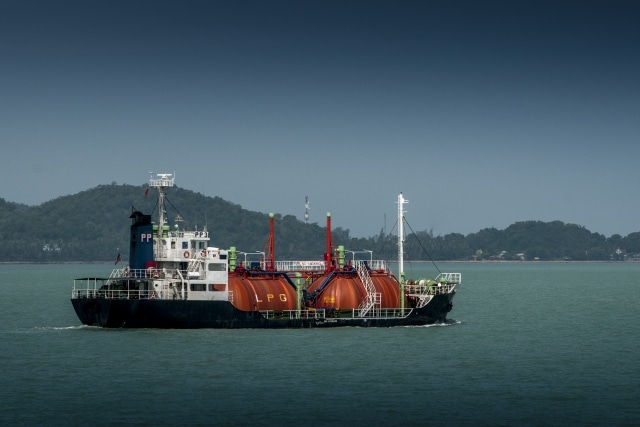The U.S. Department of Energy (DOE) has granted the first ever LNG export permit license to Dominion Resources, Inc. to export gas obtained from the controversial hydraulic fracturing (“fracking”) process in the Marcellus Shale basin.
It’s the fourth ever export terminal approved by the DOE, with the three others along the Gulf Coast: Cheniere’s Sabine Pass LNG, Freeport LNG (50-percent owned by ConocoPhillips) and Lake Charles Exports, LLC.
Located in Lusby, Maryland, the Dominion Cove Point LNG terminal will be a key regional hub to take gas fracked from one of the most prolific shale basins in the world – the Marcellus – and ship it to global markets, with shale gas exports a key geopolitical bargaining chip with Russia, the biggest producer of conventional gas in the world.
Dominion owns not only Cove Point, but also the pipeline infrastructure set to feed the terminal.
“Dominion…owns both the existing Cove Point LNG Terminal and the 88-mile Cove Point pipeline,” explained industry publication LNG Global. “Dominion Cove Point…stated in their application that natural gas will be delivered to the Cove Point Pipeline from the interstate pipeline grid, thereby allowing gas to be sourced broadly.”
DOE handed Dominion a permit lasting a generation.
“Subject to environmental review and final regulatory approval, the facility is conditionally authorized to export at a rate of up to 0.77 billion cubic feet of natural gas a day (Bcf/d) for a period of 20 years,” LNG Global further explained.
It’s a decision that is set to affect the course of U.S. energy markets, the global climate system and sensitive ecosystems for decades to come.
With the DOE authorizing Dominion to export gas from Cove Point, Maryland, “it is deeply disappointing to see that Secretary [Ernest] Moniz persists in leading the nation and the world into a dirty energy future. It’s a bad deal all around: for public health, the environment, and America’s working people,” the Sierra Club said in a statement.
“Exporting LNG to foreign buyers will lock us into decades-long contracts, which in turn will lead to more drilling – and that means more fracking, more air and water pollution, and more climate-fueled weather disasters like record fires, droughts, and superstorms like last year’s Sandy…As we have shown, once environmental impacts are evaluated, it becomes clear that the additional fracking and gas production exports would induce is unacceptable.”
“Dominion” means “the act or fact of ruling” and today in the Marcellus it equates to the “golden rule”: he who has the gold makes the rules, in which Marcellus fracked gas will soon flow to the highest bidder on the global market.
Photo Credit: ShutterStock | pinthong nakon
Subscribe to our newsletter
Stay up to date with DeSmog news and alerts







